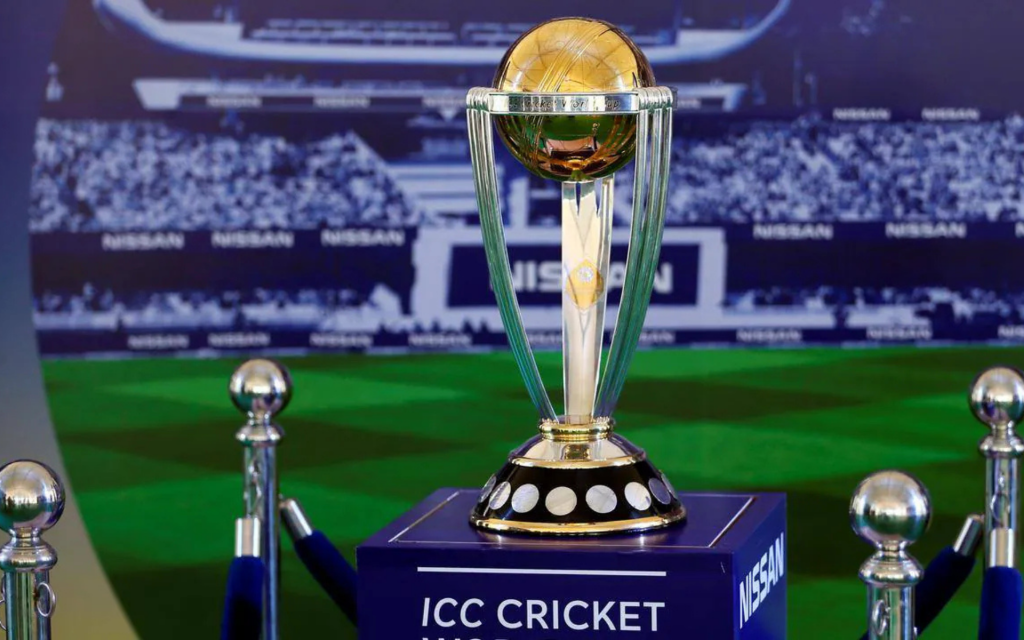
The ICC 4-Day Tests rule for WTC 2027–29 marks a bold shift from the traditional five-day Test format. This change aims to help smaller cricketing nations by allowing them to host and play more matches with reduced financial and scheduling pressures.
According to The Guardian, ICC chairman Jay Shah voiced support for the ICC 4-day Tests 2027–29 WTC cycle during recent talks at Lord’s. The plan is to start four-day Tests for some bilateral series in this cycle. This would be a major milestone in the evolution of Test cricket.
Some teams may accept the change. But India, Australia, and England will keep playing full five-day matches. Classic series like the Ashes, the Border-Gavaskar Trophy, and the newly launched Anderson-Tendulkar Trophy will continue under the traditional five-day format.
The ICC first introduced the concept of four-day Tests in 2017. Recently, England welcomed Zimbabwe for a four-day Test at Trent Bridge. This was built on their earlier experiences with Ireland in 2019 and 2023. These trials have proven that shorter matches can still offer high-quality competition.
This change is mainly about practicality. Smaller nations often find it tough to manage the time and expenses that come with hosting long-format matches. Four-day Tests let teams finish a three-match series in under three weeks. This makes Test cricket more frequent and affordable.
To compensate for the lost day, four-day matches will require 98 overs per day instead of the usual 90. This change ensures fans still get value. It also gives players enough time to push for a result.
South Africa’s limited schedule, even after their impressive win in the WTC final against Australia, brought this issue to the forefront. It highlighted the urgent need to reconsider the way Test cricket is organized. We must also find ways to make it more accessible for fans.
The 2025–27 World Test Championship cycle will maintain the traditional five-day format. It will start with a two-test series between Sri Lanka and Bangladesh. Out of the 27 series planned for this cycle, 17 will consist of just two games, while six will have three. Only England, India, and Australia will take part in a full five-Test series. This shift could change the landscape of Test cricket. It will make the game shorter, sharper, and more inclusive.

